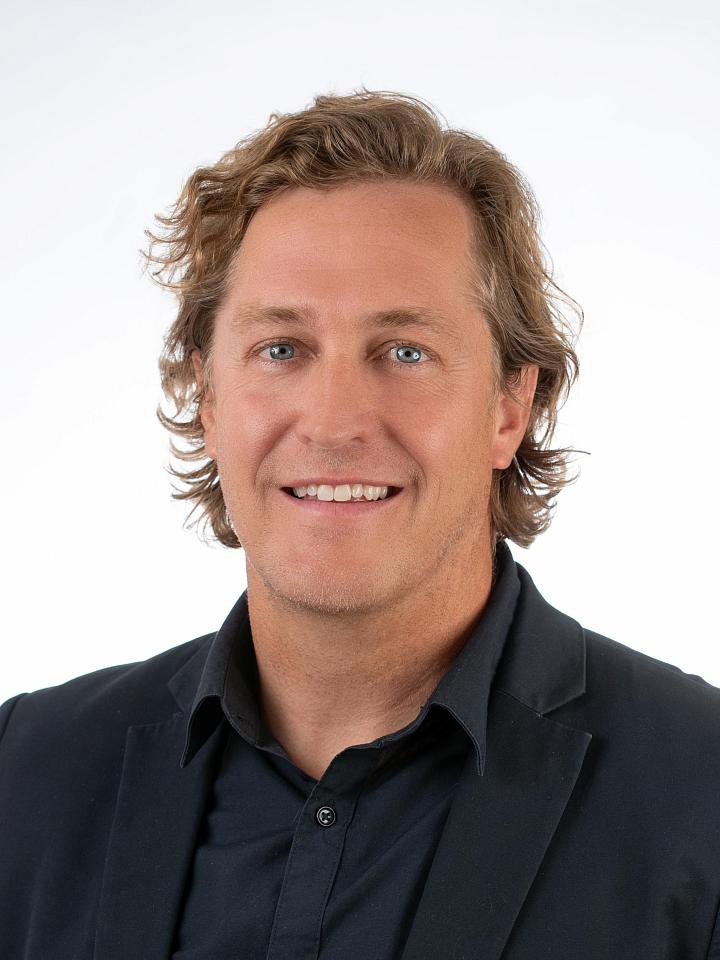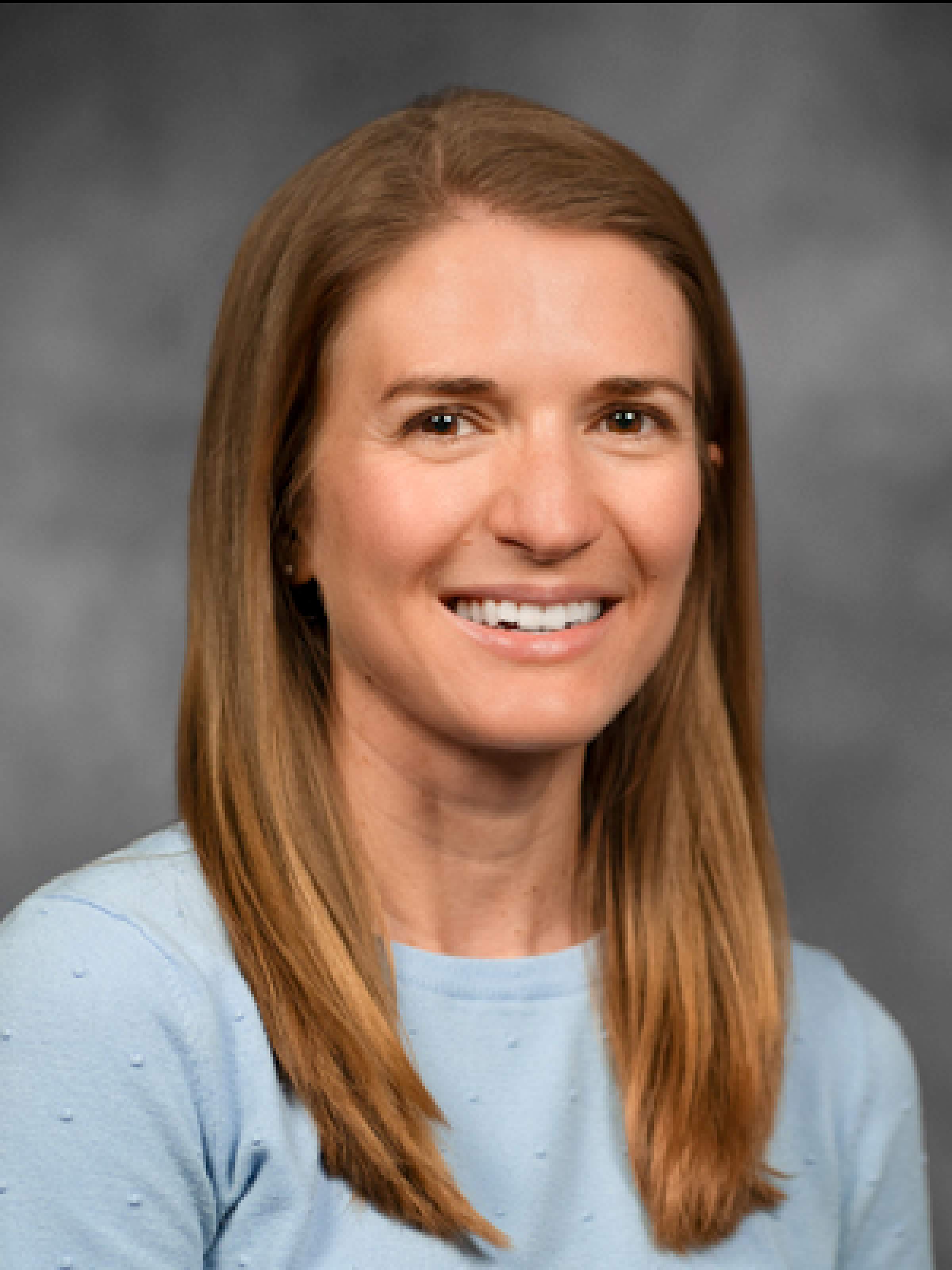
Global Fellowship
The objective of the Global, Rural, and Underserved Child Health (GRUCH) Fellowship is to provide our fellows the clinical exposure, academic opportunity and mentorship to become leaders in global child health. Our fellows receive mentorship from faculty at the University of Utah and from colleagues at our partner sites at the University of Rwanda and Navajo Area Indian Health. During their time with us, GRUCH fellows also have the opportunity to pursue an advanced degree through the London School of Hygiene and Tropical Medicine.
We seek highly motivated pediatricians who are interested in caring for children in challenging clinical environments while working towards long-term solutions to complex determinants of health through evidence-based investigation and implementation.
To Apply
- Eligible applicants must have completed Pediatric or Internal Medicine/Pediatric training.
- Please submit your CV and personal statement and two names for reference with their contact information included to Julie.Pouladi@hsc.utah.edu or Molly.Alexander@hsc.utah.edu.
- Email Jeff.robison@hsc.utah.edu, Molly.Alexander@hsc.utah.edu or Julie.Pouladi@hsc.utah.edu for any additional questions.
Check out more information about our program and partners!
Our Partners
GRUCH fellows will spend their time fully immersed and integrated into the clinical and scholarly activities at our partner sites, while also receiving ongoing mentorship from the University of Utah faculty in Salt Lake City. Fellows will evenly divide their time between our two partner sites during their fellowship. Fellows will have the opportunity to get involved with resident medical education, mentorship, and program development.
Chinle Comprehensive Health Center: Chinle, Arizona, Navajo Nation
Global, Rural, and Underserved Child Health Fellows will be working at the Chinle Comprehensive Health Center (CCHC) in partnership with Navajo Area Indian Health. Chinle is located in the heart of the Navajo Nation. Here, the fellow's role will primarily be clinical and educational with additional avenues for community outreach and/or project development. The fellow's clinical responsibilities will be a combination of inpatient wards (including the newborn nursery), evening and weekend calls, and outpatient medicine within the Department of Pediatrics. Fellows actively participate in education within the department of pediatrics together with talented colleagues, nurses and visiting residents, and medical students from across the country. There are also options to work in community-based adolescent clinics or with the public health nursing team or to seek other areas of community involvement if interested. Fellows will experience full autonomy in clinical decision-making, develop, implement and assess quality improvement projects, encourage education and partnership between the University of Utah and CCHC and provide a wide range of clinical care to the people of the Navajo Nation.
University of Rwanda Teaching Hospital: Butare, Rwanda
GRUCH fellows working in Butare, Rwanda will be spending most of their time at the University Teaching Hospital of Butare (CHUB), with additional time at the Kabutare District Hospital. The fellows will make clinical decisions, teach local medical students and residents during rounds, and participate in quality improvement projects and collaborative research. At CHUB, children are admitted with a wide variety of illnesses including typhoid fever, rheumatic heart disease, HIV, tuberculosis, and cerebral malaria. One week per month the fellow will also attend rounds at Kabutare District Hospital, a rural hospital where they will see a high volume of patients primarily with malaria, malnutrition, and bacterial pneumonia. At Kabutare DH, the fellow has the opportunity to mentor and give presentations on various pediatric topics to general practitioners. Fellows will learn how to utilize limited resources, how to diagnose and treat various tropical diseases, and will contribute to developing solutions to major health care issues.
As in all times of crisis, inequities are heightened and the poor among us suffer the heaviest burden. This is certainly the case now. As a program we are doing our best to support our colleagues and the patients they care for in Rwanda, Malawi and the Navajo Nation during this global pandemic. Please consider helping us in this work by making a generous donation. We are committed to using those funds in the areas of greatest need related to Covid-19.
Trainees at our partner institutions must raise their own funds to pay for observerships at the University of Utah, a large expense for individuals living in low- and middle- income countries. If you would like to financially support trainees from our partner institutions participating in observerships at the University of Utah, please click on the link below.
Program Director:
Jeff Robison, MD
Fellowship Director:
Molly Alexander, MD
Associate Program Directors:
Reena Tam, MD
David Sandweiss, MD
Elizabeth Keating, MD, MSPH
Esther Shin, MD

